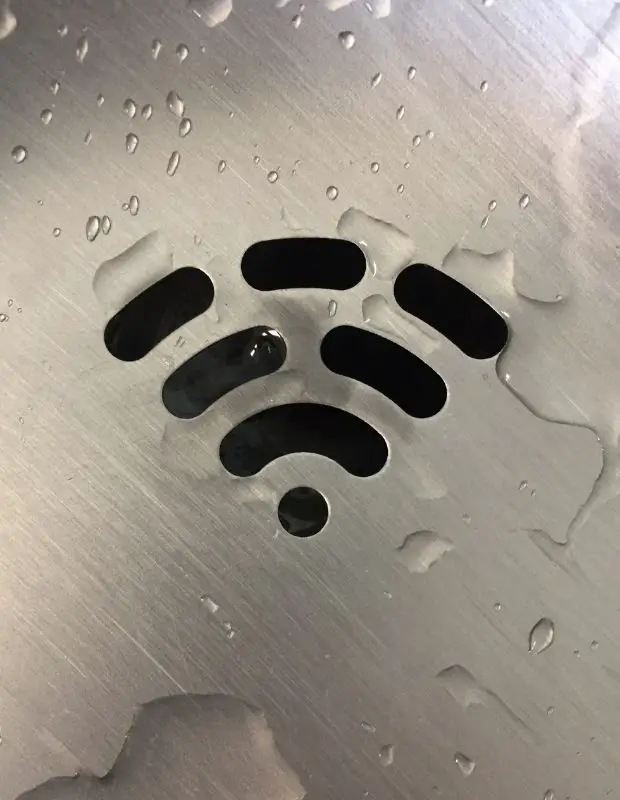
The IETF developed the most recent version of the internet protocol, IPv6. It aids in localizing and identifying endpoint systems on a network and routing online traffic.
IPv6 was conceptualized in the late 90s in anticipation of the exhaustion of IPv4 addresses because of the rapid growth of the number of internet users. We can also factor in the worldwide proliferation of internet-enabled devices, ranging from handheld gadgets to household appliances. Let’s take a more detailed look at what IPv6 is, its main features, and some reasons for its implementation.
What is IPv6?
The next-generation Internet Protocol (IPv6) address standard, is designed to complement and ultimately replace IPv4, which is still widely used by many Internet services today. To interact with other connected devices, every computer, smartphone, home automation component, Internet of Things sensor, and other Internet-connected device needs a numerical IP address. Because of its broad use and the rise in linked devices, the original IP address system, or IPv4, is running out of addresses. Therefore, implementing IPv6 becomes essential.
The Difference Between IPv4 and IPv6
IPv6 offers a lot more capabilities than IPv4 and a lot more IP addresses. One benefit of IPv6 is that it offers multi-cast addressing, which makes it possible to send material that requires a lot of bandwidth to several locations. This lessens bandwidth usage and improves efficiency. Devices can connect to many networks simultaneously thanks to IPv6. This is due to the hardware’s ability to assign several IP addresses to the same device automatically, thanks to its configuration features.
Here are the main features of IPv6:
1. Increased Security
IPSec, which offers data integrity, privacy, and authentication, is included in IPv6. Corporate firewalls frequently reject IPv4 ICMP packets because of the possibility that they contain malware. ICMPv6, however, which implements the Internet Control Message Protocol for IPv6, will be allowed since IPSec can be applied to the ICMPv6 packets. Internet security wasn’t a major concern when IPv4 was created as it is now. This clarifies why the few security protocols that are now supported by IPv4 seem to have been created as a last-minute addition. On the contrary, web security was a priority when IPv6 was designed. Numerous optional security standards for IPv4 have been included in IPv6 as default essentials. For example, IPv6 automatically verifies the integrity of packets and encrypts communication. This provides VPN-level security and proves IPv6’s place as one of the best types of network security for regular internet traffic.

2. Greater Efficiency in Routing
With IPv6, routing becomes more streamlined and hierarchical, while also reducing the size of routing tables. In IPv6 networks, the source device, as opposed to a router, manages fragmentation using a protocol for path maximum transmission unit detection. Its addresses are assigned in a way that is more in line with local, and regional internet registries than IPv4 addresses. This might cause space to be used in another region of the world. Because of hierarchical sub-allocation and assignment, summary routes can frequently specify their locations. By examining the initial few bits of an IPv6 course, it is workable to deduce further information about the route.
3. Better Mobility
When devices are transferred from one location to another, IPv6 enables smooth connectivity. This is accomplished by eliminating triangle routing, which sends connections to proxies before moving on to the host. Therefore, all the subnets are transferred to a new router without being renumbered. This means more productivity and efficiency! From a freelancer’s standpoint, this new IP system is empowering for digital nomads who move from one place to another and can continue doing their jobs on their laptops and other mobile devices. You can visit Increditools to learn more about the best proxies with IPv6 addresses.

4. Business Continuity
Today, most businesses depend on connectivity to be viable. Business owners and even managers must always be aware of problems that might affect the provision of services. Enterprises won’t be able to expand networks or benefit from new capabilities in a way that gives them a competitive edge due to IPv4 depletion. Sadly, some management levels disregard IPv6 as a technological advancement with little practical use. Even taking into consideration its governmental acceptance on a worldwide scale, avoiding it does not make sense. Doing nothing amidst the rapidly changing digital space is a failure to uphold company obligations. A cost-effective business continuity solution is to use IPv6.
Reasons to Use IPv6:
1. It Will Soon be Essential
It’s not an option anymore. The global switch to IPv6 is currently taking place and has been for some time. To overcome the IPv4 address scarcity, IPv6 has received the support of all internet technical regulatory agencies and network equipment providers. Implementing this protocol is about getting ready for the future, and the signs are here already. Google’s IPv6 adoption statistics show that as of the beginning of 2022, IPv6 availability worldwide has not crossed 40%. The transition to IPv6 is less important for networks and countries with tiny populations – but that does not mean it should stay that way. Therefore, the question changes from whether to switch to when to start. It is no longer a matter of if but when, and the need for action only grows more urgent over time.

2. It’s Great for the Internet of Things (IoT)
The main purpose of IPv6 is to enable the creation of more distinctive IP addresses. This is one of the primary factors that make it such a significant advancement for the Internet of Things (IoT). Internet-connected products are becoming more and more common, and while IPv4 addresses couldn’t keep up with demand, IPv6 provides an operating environment for IoT products that can last for a very long time.
3. It has an Innovation-focused Platform
With each new node, the value of network connectivity increases exponentially. The incremental increase in complexity made possible by IPv6’s significantly bigger networks is its inventive value. Its networks’ enormous reach, scalability, and flexibility encourage simplified operations, improved communications, and innovative business strategies.
Final Words
Despite being around for some time, IPv6 has not yet fully taken off. However, it will be crucial to new use cases like peer-to-peer data transfer and web3 and the expansion of the internet. Organizations need to understand the value of IPv6 and get ready for its adoption if they want to benefit from these technologies.
Hey there, welcome to my blog! I'm a full-time entrepreneur building two companies, a digital marketer, and a content creator with 10+ years of experience. I started RafalReyzer.com to provide you with great tools and strategies you can use to become a proficient digital marketer and achieve freedom through online creativity. My site is a one-stop shop for digital marketers, and content enthusiasts who want to be independent, earn more money, and create beautiful things. Explore my journey here, and don't forget to get in touch if you need help with digital marketing.

